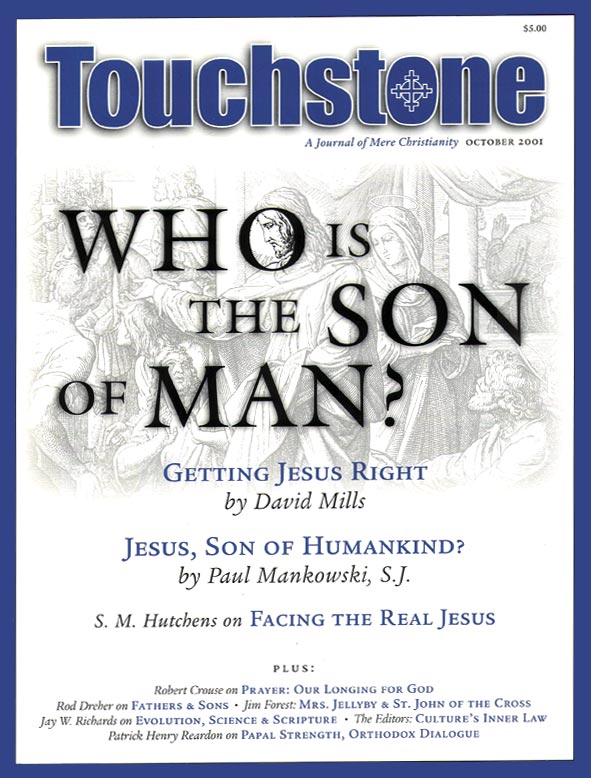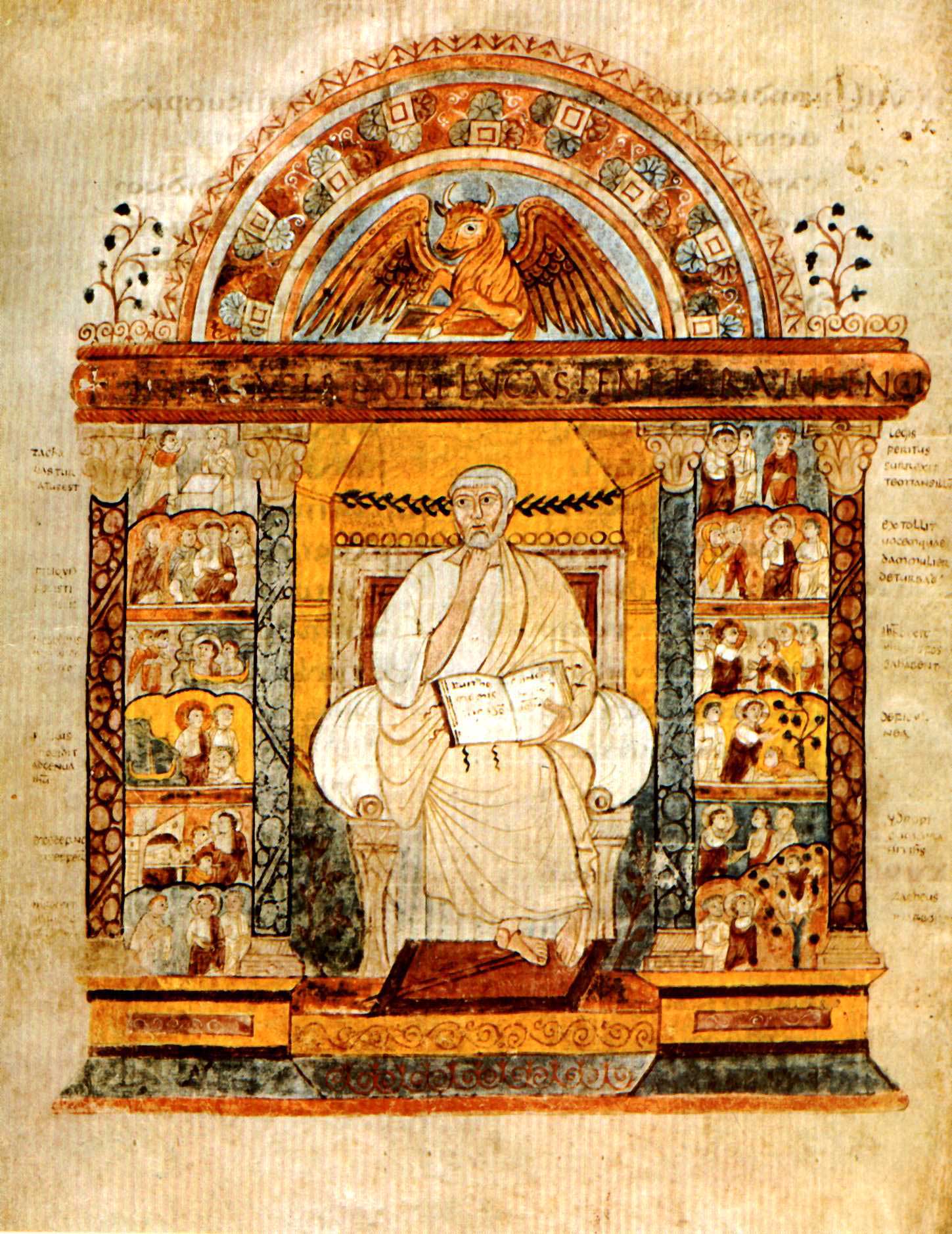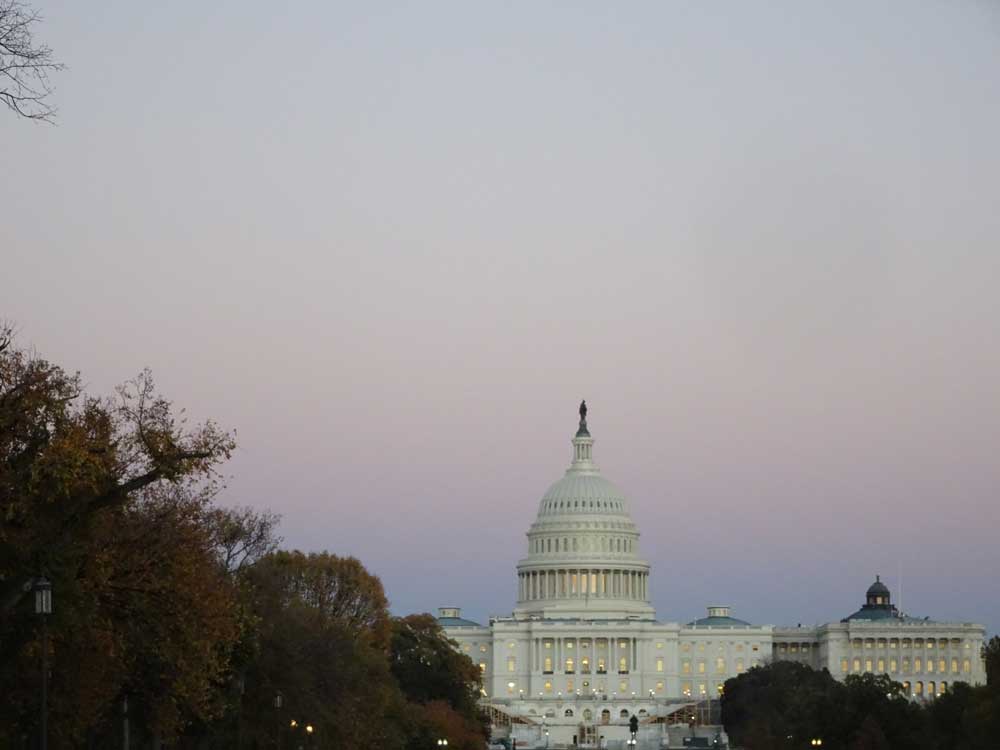Culture’s Inner Law
The intellectual and moral relativism characteristic of our contemporary culture is a steady and dependable topic of much conservative comment these days, including pretty much every edition of this journal. The burden of such comment usually has to do with the intellectual and moral perversity of those who propagate that relativism and the spiritual ruin of those seduced by it.
One may argue, however, that these two concerns do not exhaust the indictments to be rendered against contemporary relativism. It is worth suggesting that, among the ways in which this pervasive ideology is wreaking great social destruction among us is the present chaos in literary and artistic expression. Our censure here does not mean only that the culture is currently overrun by bad literature and worse art. Indeed, it is hard to say how much the present production of poor books and art is to be ascribed to the burden of relativism, for such poverty has always been with us. The problem is different, we believe, and perhaps deeper.
Forget about bad art. We believe, rather, that intellectual and moral relativism renders impossible the making of good art. Or, at least, such relativism is incompatible with excellent art. Or, to be more precise, we argue that the present intellectual and moral relativism is radically incongruous with, and directly unfriendly towards, an attainment to that level of literary and artistic excellence which permits us to speak of a classic. We contend that if there is a single necessary precondition for arriving at that degree of excellence, it is an intellectual and imaginative atmosphere overshadowed by moral absolutes.
Perhaps this will be clearer if we consider what we intend to say by calling something a classic. However difficult it is to define the word exactly, there is a general sense that “classic” indicates some penchant for permanence, some unusually strong tendency to survive by demonstrating a more than ordinary appeal. We gain a fairly accurate impression of what classics are by simply naming a few of them: the Parthenon (including the Elgin Marbles, naturally), The Divine Comedy, the Mona Lisa, the bella figlia quartet in Rigoletto. A classic, most of us understand, is a work that has been around for quite some while because a significant number of people thought it should be. Thus persuaded, they recited the epic to their children, or sang the ballad in the piazza, or purchased copies of the play, or passed laws to protect the edifice, or came from miles away to gaze at the statue or the painting, or took some other step for its honor and preservation, so that it should not perish from man’s interest and memory. Through such means does something become a “classic.”
A classic, moreover, precisely because it has been around for quite some while, tends also to perpetuate and further enhance its status by being adopted, at least implicitly, as a standard for appraising other things of the same sort. Indeed, it seems inevitable that the classical becomes the canonical. What things men resolve to value from the past will in large part determine what things they will value in the future. Thus, Greek civilization could not long have tasted the Iliad without its tastes being formed by the Iliad, and because the Romans appreciated the De Officiis, the De Officiis soon instructed the Romans on what else they should appreciate. Homer and Cicero, being judged classics, became the criteria for further judgments. In short, what things men sufficiently cultivate will end by cultivating them.
There is another important quality of a classic, amply illustrated in the cases of Homer and Cicero, namely, a disposition toward universality. Classics tend to transcend and outlive their cultural sources. In this respect it is less significant that Homer and Cicero were long ago read in Greece and Rome than that they are today read in Ghana and Russia. The modern Dane Kierkegaard thought it essential to study the ancient African Augustine. Even if the very existence of Aesop is as fabulous as his fables, he was nonetheless beloved of the German pastor Luther and the French poet La Fontaine. Thus do cultural walls collapse in the presence of a classic. While the Japanese gather at Notre Dame, the Canadians visit the pyramids. Dante is read in Danzig, and Mozart is played in Miami. And so on. All of this is to say that the classic, in addition to its endurance and canonicity, tends also to universality.
Reflecting on this last characteristic, we suspect that a classic is so regarded because it is perceived to address, not only the deep questions of its own culture but, deeper still, the constitutive foundations of humanity. We sense that the classic touches on those more profound interrogations of the soul about goodness and iniquity, duty and destiny, truth and that radical freedom which the heart holds in trust. In proportion to man’s vast outlay of art and literature, relatively few works are revered as classics, because art and language only rarely attain to so intensely pure an intuition, or so technically perfect an expression, of those “forms” that are the proper and native inheritance of the soul.
When we say that a classic is a work that survives because it makes a universal appeal, it is useful to identify the nature of that appeal, which surely has something to do with the nature of the human soul itself. Because of Holy Scripture’s great thesis about our being made in God’s image and likeness, the Christian will be disposed to credit the universal appeal of the classic to its prompting of man’s innate moral sense. Our imaginative craving for an intuition of the fixed moral order is what responds so favorably to the stimulus of the classic.
St. Paul describes this fixed moral order as the inner law to which the nations (ethne) adhere by nature (physei). Boldly borrowing an image from the Prophets, he goes on to say that this law is written in their hearts (Rom. 2:14f.). This universal law, inscribed in the human heart as such, is the absolute atmosphere of man’s high faculties of mind and will, but also of that lesser faculty necessary to their proper functioning—the creative imagination. The presence and recognition of the absolute moral order is essential to the excellence of the creative imagination. Take away that fixed structure acknowledged in the soul, and the imagination is bereft of both direction and force. Deprived of that reliable, resisting current against which to press its interpretive rudder, the human narrative goes nowhere. The moral imagination is alone the truly creative imagination.
St. Paul goes on to suggest that this recognition entails moral struggle. He speaks of the conflict of thoughts (logismoi) involved, as the human mind wrestles with the demands imposed by this law shared by all the nations, their conscience engaged in “accusing or excusing them” (Rom. 2:15). In respect of this biblical text we do well to recall how many of our literary classics deal very explicitly with dramatic themes based on conflicts involving the universal moral law. These are engagements of the heart, and it seems undeniable that such works have become classics because human beings everywhere recognize in them the exegesis of their own hearts.
What, then, would be left of man’s creative narrative without that eternal law written in the heart? Well, let us try to imagine it. Let us conjure up, if we can, what would survive of Moby Dick if Captain Ahab simply acquiesced in the recent prejudice asserting the moral law to be solely a matter of societal preference. Would there be much of a story in Macbeth without an immortal ordinance against murder, or in the Arthurian legends without an everlasting statute against adultery? Quasimodo would need no sanctuary in a morally relative world, though the lot of Esmeralda, one fears, might be just as awful. In such a world Hemingway’s great narrative, displaced from the starkness of moral ultimacy, would be reduced to The Senior Citizen on His Cruise, while Oedipus, with no eternal injunction against incest, would be only a guest on “Oprah.” Remove the fixed order of conscience, and our dear sister Jane would hardly detect much difference between sense and sensibility. The account of Faust, who begins by reciting his boredom, would be boring all the way through. Even wit would wither, for the irony of Mrs. Jellyby and the antics of Bertie Wooster would become merely quaint. We may be sure that the currently pervasive intellectual and moral relativism, inculcated throughout the behavioral sciences and celebrated in popular entertainment, would similarly devastate everything from The Gilgamesh Epic and the Aeneid to I Promessi Sposi and Wuthering Heights.
Patrick Henry Reardon is pastor emeritus of All Saints Antiochian Orthodox Church in Chicago, Illinois, and the author of numerous books, including, most recently, Out of Step with God: Orthodox Christian Reflections on the Book of Numbers (Ancient Faith Publishing, 2019).
subscription options
Order
Print/Online Subscription

Get six issues (one year) of Touchstone PLUS full online access including pdf downloads for only $39.95. That's only $3.34 per month!
Order
Online Only
Subscription

Get a one-year full-access subscription to the Touchstone online archives for only $19.95. That's only $1.66 per month!
bulk subscriptions
Order Touchstone subscriptions in bulk and save $10 per sub! Each subscription includes 6 issues of Touchstone plus full online access to touchstonemag.com—including archives, videos, and pdf downloads of recent issues for only $29.95 each! Great for churches or study groups.
Transactions will be processed on a secure server.
more from the online archives
calling all readers
Please Donate
"There are magazines worth reading but few worth saving . . . Touchstone is just such a magazine."
—Alice von Hildebrand
"Here we do not concede one square millimeter of territory to falsehood, folly, contemporary sentimentality, or fashion. We speak the truth, and let God be our judge. . . . Touchstone is the one committedly Christian conservative journal."
—Anthony Esolen, Touchstone senior editor










